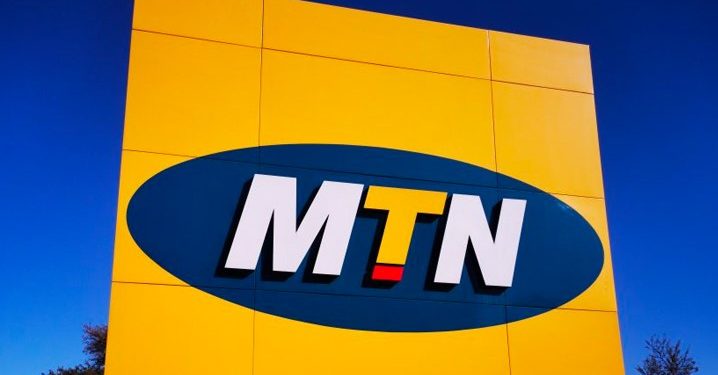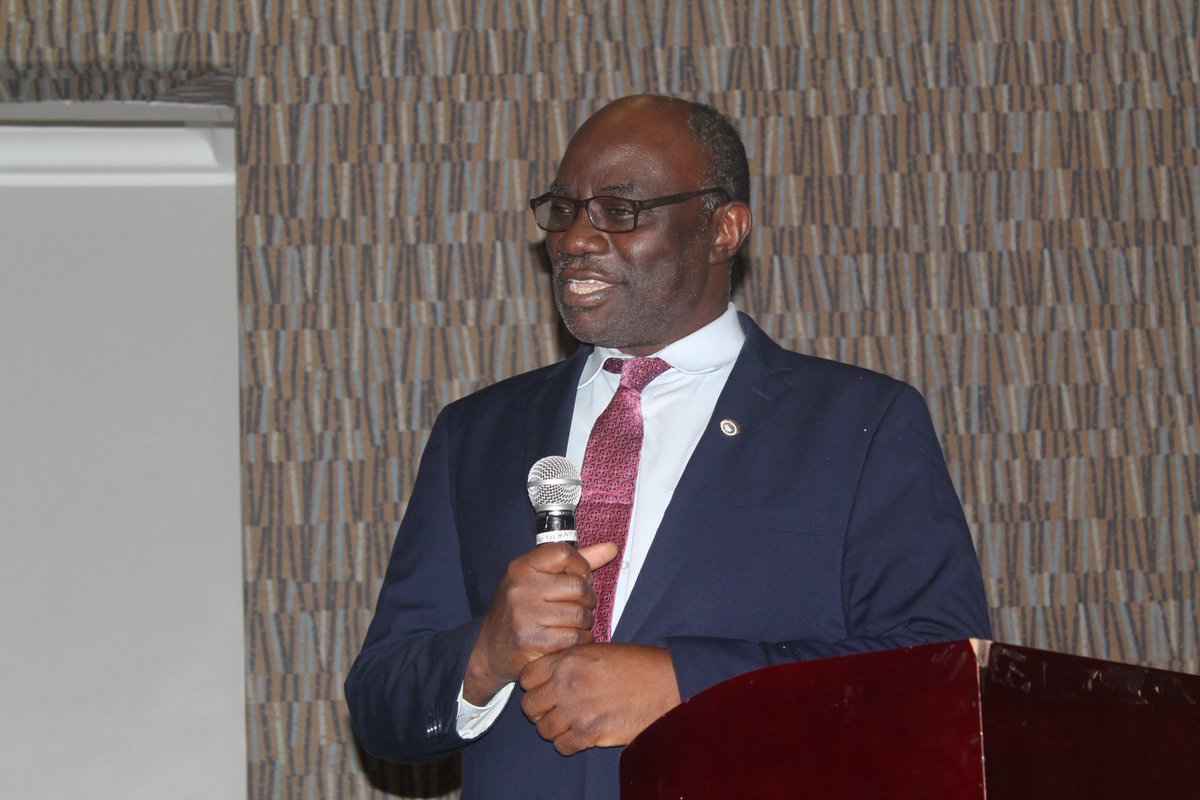During the 30th Nigerian Economic Summit in Abuja, MTN Nigeria and other multinational business leaders called on the Federal Government to create a level playing field that fosters sustainable investments in the country. The Chief Financial Officer of MTN, Modupe Kadri, highlighted that high inflation rates and fluctuating foreign exchange rates have severely impacted the telecommunications sector’s operational efficiency.
Kadri made these remarks during a panel session titled “Navigating Business Growth in a Volatile Environment.” He pointed out that the current economic challenges have led to tariff increases in the petroleum and electricity sectors, raising questions about why similar adjustments are not allowed in telecommunications. He explained that telecommunication companies have not received regulatory approval to raise their prices for over a decade, despite facing rising costs due to the need to import equipment priced in foreign currencies.
“For ten years now, telecommunication companies haven’t been permitted to increase prices, and this regulation does not provide us with a level playing field to operate,” Kadri stated. He emphasized that for the industry to survive, the government must review its policies to allow price adjustments similar to those seen in the electricity and fuel sectors. “Our business is mainly dependent on foreign exchange, so customers need to understand that for them to receive the services they desire, it costs money.”
Kadri also expressed concern over the consequences of a non-responsive regulatory environment, saying, “When people have to invest in the country and are unable to monetize their investments, it cannot work. The only way this economy will thrive is if there is appropriate pricing such that investments in the sector are guaranteed. The government is talking about diversifying; I’m talking about survival. What is the business case for me to invest when I’m bleeding almost to death?”
He noted that the telecommunications industry contributes significantly to Nigeria’s economy, accounting for 16 percent of the GDP, which underscores the importance of effective policy frameworks. He warned, “If we are not careful, what happened to the oil industry, which led to a loss of investments, will happen to telecommunications, and the industry will come to a halt. It’s not rocket science.” Kadri added that any faltering in the telecom sector would have a ripple effect on vital areas such as financial services and logistics, threatening the broader economy.
In support of these sentiments, Oyeyimka Adeboye, Chief Executive Officer of Mondelez West Africa (Cadbury), stated that the company relies heavily on imports for its production. She revealed that the cost of doing business in Nigeria has tripled over the past two years, emphasizing the need to reduce reliance on imports and improve access to financing for local production. “We import glucose, but we have people who can produce it here locally. The problem is that they do not have access to finance,” she remarked.
Courage Obadagbonyi, Chief Financial Officer of APM Terminals West Africa, echoed the need for better coordination among government regulators. He noted that the lack of coordination has caused confusion for businesses, hindering investment opportunities. He insisted that investments cannot thrive in a climate of uncertainty.
Meanwhile, Nkechi Obi, Group Managing Director of Techno Oil Limited, emphasized that businesses will only succeed in an environment with sound policies. She expressed optimism that the establishment of the Dangote refinery would stabilize petroleum product prices. “Techno Oil is working on its refinery to avoid shocks or uncertainties in the sector,” she stated.
The collective voices of these business leaders underscore the urgent need for the Federal Government to reevaluate its regulatory framework. By ensuring a fair and conducive environment for investment, Nigeria can bolster its economic growth and sustain the contributions of key sectors like telecommunications and manufacturing.










